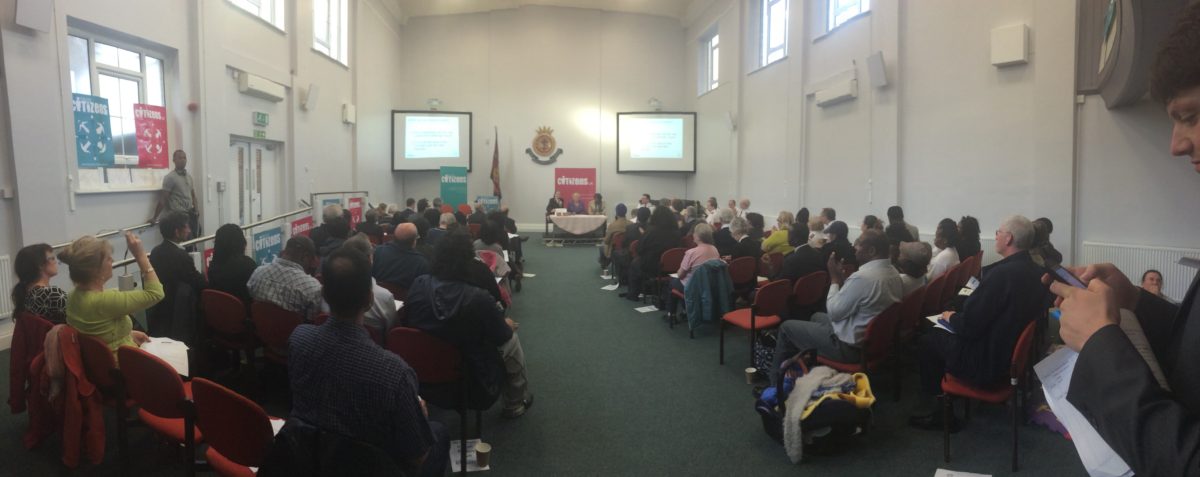by Nick Coke and John Clifton
Let’s get a few things straight from the outset.
One of us voted in, the other out. Neither of us are racist, nor are we members of a sneering elite. We’re not interested in blame, counter-blame or accusation. We agree on this: neither remaining in nor leaving the EU is the answer to all the questions that the people of the UK are asking.
We both live in London although we’re not from London. One of us grew up in the post-industrial north of England, the other in various countries around the world. We have both spent years investing in people at all levels of society because that’s what Salvation Army officers are called to do. We both love Jesus and try to follow him. We both love politics and get involved where we are.
Whilst we voted differently we share a vision of what’s next in a post-Brexit Britain. It is not theory. We know it works because we’ve done it, experienced it, seen people empowered by it, tasted God’s kingdom in it and seen communities changed by it. We describe it here as a picture of hope.
And, of course, hope is an action.
Continue reading “Five Ways to Live Post-Brexit”
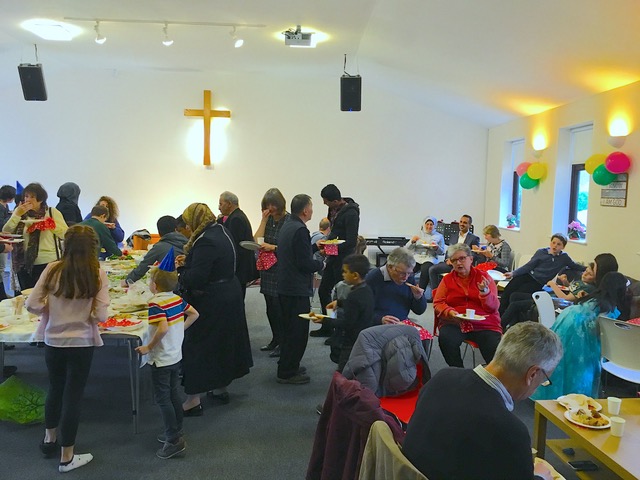 It was the photo of Alan Kurdi that was the tipping point. How can one photo make such a difference?
It was the photo of Alan Kurdi that was the tipping point. How can one photo make such a difference?
 A year ago, I attended a meeting about asylum seeking in the UK and learnt that many people were being housed near me in the North-West of England by the Home Office. Individuals and families were placed in shared accommodation, most with little English language, whilst they awaited their asylum decisions.
A year ago, I attended a meeting about asylum seeking in the UK and learnt that many people were being housed near me in the North-West of England by the Home Office. Individuals and families were placed in shared accommodation, most with little English language, whilst they awaited their asylum decisions.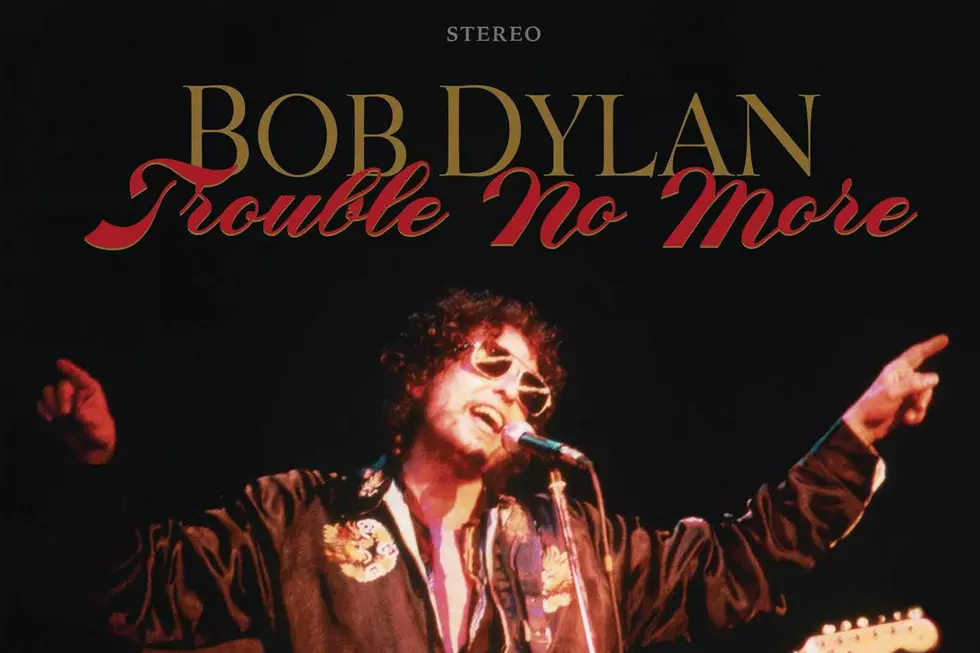
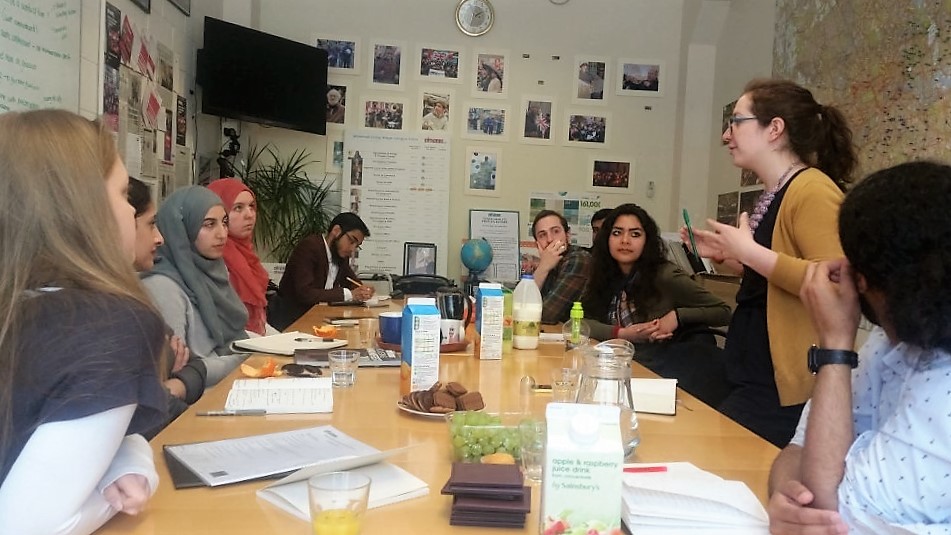
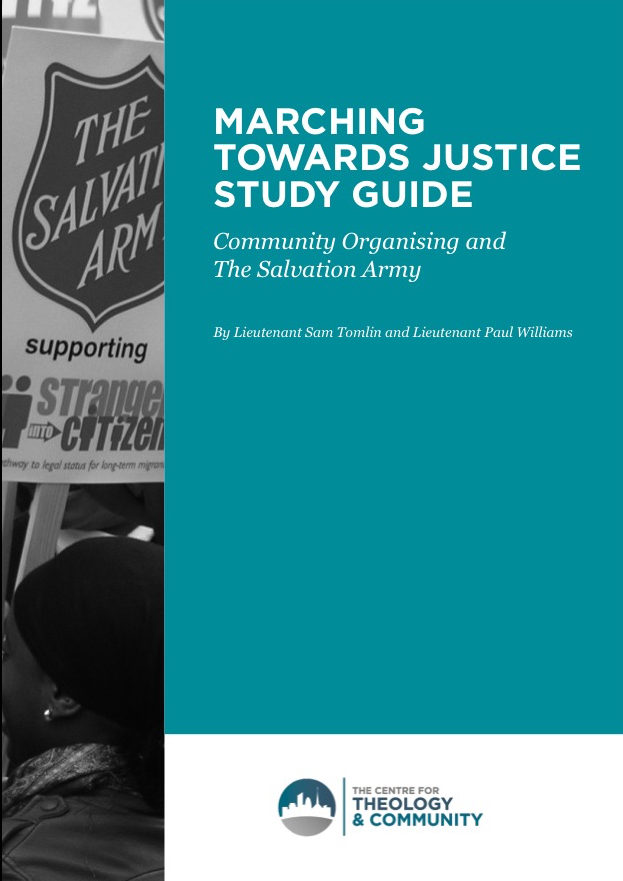
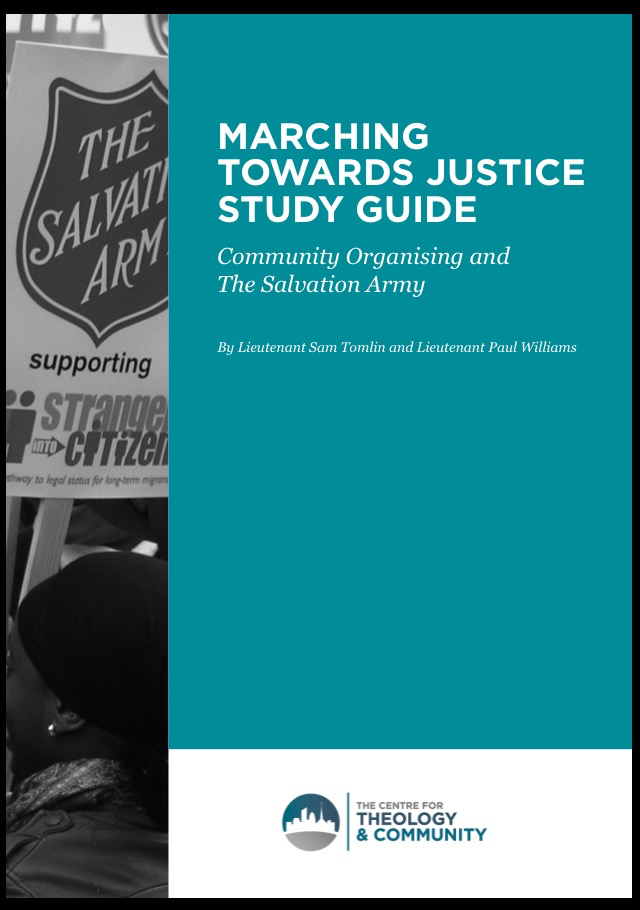
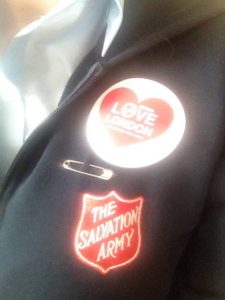 Yesterday
Yesterday 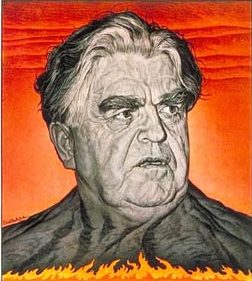 rom the introduction to:
rom the introduction to: 
